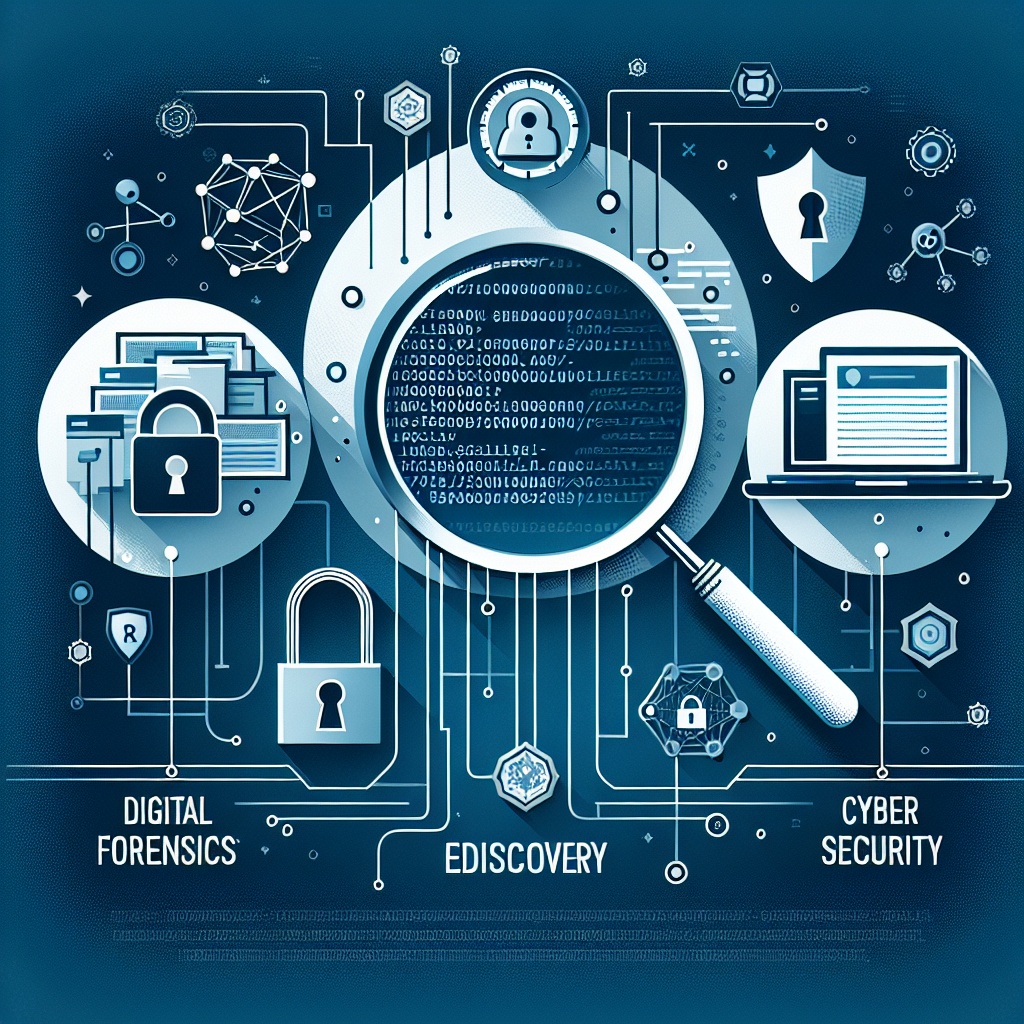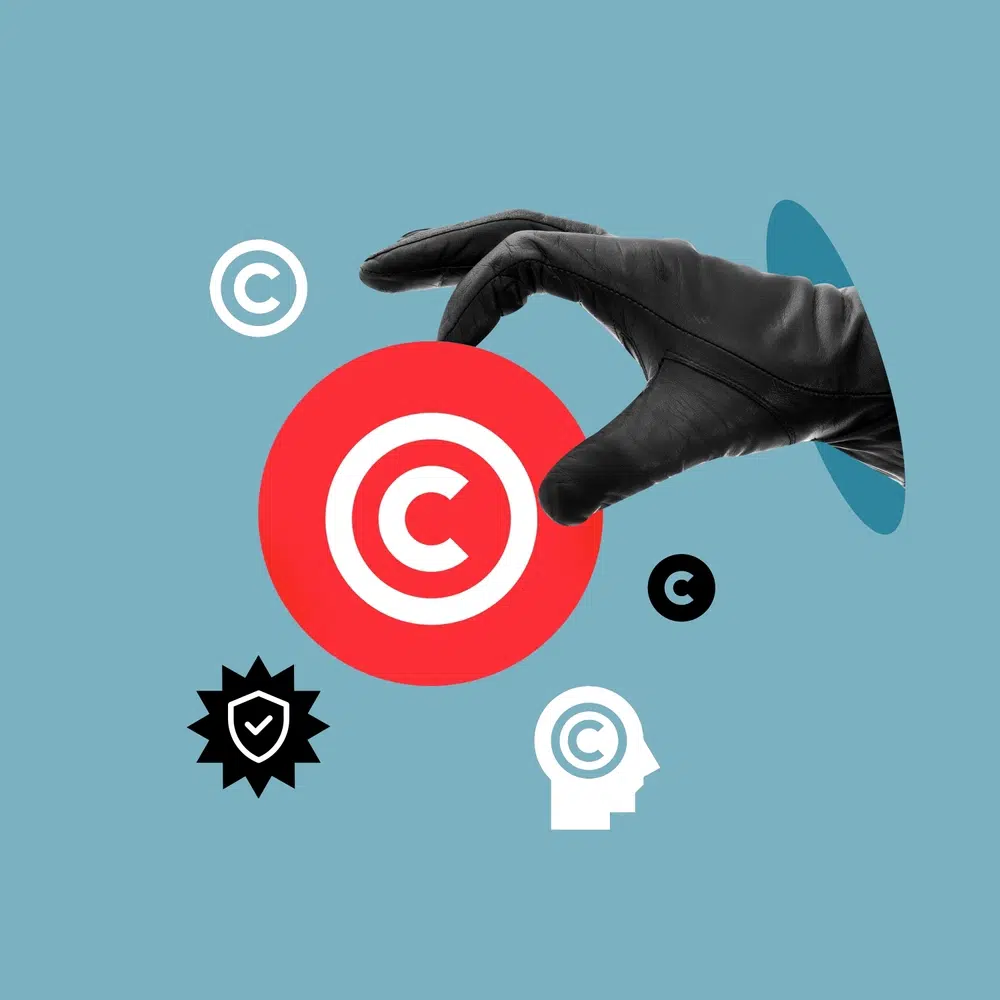What Is Digital Forensics and When Do You Need It?
By ERMProtect Staff
Digital forensics is the process of extracting and analyzing data contained within digital systems to find evidence that can help resolve cyberattacks, disputes, litigation, and criminal cases.
Using methods of electronic discovery, trained computer forensic analysts examine computers, cell phones, hard drives, networks, systems, and digital components for digital forensics investigative purposes.
Digital forensics is often a critical component of criminal cases, civil fraud cases, whistleblower complaints, internal investigations, and other matters that require analysis as it can reveal extensive information post-cyberattack, including:
- Identifying the cause and impact of cyberattacks
- Containing and remediating attacks
- Preserving digital evidence
- Retracing hacker activities and tools used
- Determining data access or exfiltration
- Identifying the duration of unauthorized network access
- Geolocating and mapping hacker logins
When Can Digital Forensic Investigations Help?
Digital forensic investigations are essential in numerous scenarios, including corporate and legal contexts. They help uncover critical evidence in cases of data breaches, intellectual property theft, cyberattacks, and employee misconduct. For example, forensic experts can recover deleted files, trace unauthorized access, and identify data exfiltration.
These investigations are crucial for resolving disputes, supporting legal actions, and ensuring data integrity. By employing advanced techniques and methodologies, digital forensic investigators provide reliable and admissible evidence that is vital for making informed decisions in complex cases.
Accidental or Deliberate Company Data Disclosure
Accidental or deliberate company data disclosure occurs when corporate information is released without authorization, either due to human error or intentional actions. Accidental disclosures might involve employees unintentionally sending sensitive data to the wrong recipients or improperly disposing of documents and devices.
Deliberate disclosures can involve insiders with malicious intent leaking information for personal gain or competitors engaging in corporate espionage.
Both types of disclosures can lead to significant financial loss, reputational damage, and legal consequences, emphasizing the importance of robust data security and digital forensic measures.
Intellectual Property Theft
Intellectual property theft occurs when an employee illegally takes proprietary information from their employer and either passes it to a competitor or uses it to establish a competing business. This can include stealing trade secrets, patented processes, or confidential business strategies.
Such actions not only breach trust but also potentially cause significant financial harm and competitive disadvantages to the original company, making it essential for organizations to implement stringent security measures and legal protections to safeguard their intellectual property.
Employee Internet Abuse or Misuse
Employee internet abuse or misuse occurs when an employee violates company computer policies, such as improper internet usage or engaging in illegal activities using office systems. Digital forensics can play a crucial role in these situations by uncovering when and how these violations occurred, helping organizations address policy breaches and ensuring legal compliance.
Incident or Breach Investigations
In incident or breach investigations, digital forensics plays a vital role in pinpointing the exact nature of a cyberattack and identifying the responsible parties. This process involves a thorough examination of digital evidence to understand the attack's methods and origins, providing crucial information for prosecution or internal purposes.
By reconstructing the sequence of events, digital forensics helps organizations respond effectively to security breaches and prevent future incidents.
White-Collar Crimes
White-collar crimes involve financially motivated offenses committed by insiders or fraudsters, such as identity theft, Ponzi schemes, embezzlement, and other fraud schemes. These crimes typically involve the manipulation of financial information or unauthorized access to sensitive data for personal gain.
Digital forensics is crucial in investigating these crimes, as it helps uncover electronic evidence, trace illicit activities, and support legal actions against the perpetrators, thereby safeguarding the integrity of financial and organizational systems.
Industrial Espionage
Industrial espionage involves competitors illegally obtaining trade secrets by recording or copying confidential documents, such as secret formulas, product specifications, or business plans. This activity is a serious offense that can undermine a company’s competitive edge.
Digital forensics plays a crucial role in investigating such incidents, helping to uncover evidence of espionage, trace the methods used to steal the information, and support legal action against the perpetrators. By securing and analyzing digital evidence, forensics experts can effectively address and mitigate the impacts of industrial espionage.
Fraud
Fraud occurs when individuals intentionally provide false or misleading information to gain something unfairly, often utilizing the Internet or technology to facilitate their deceptive actions. This can involve various schemes such as identity theft, financial scams, or falsifying documents.
Digital forensics is essential in investigating these fraudulent activities by tracing electronic evidence, identifying the methods used, and supporting legal actions to hold the perpetrators accountable. Through detailed analysis, forensic experts help uncover the truth and prevent further fraudulent activities.
Online Harassment
Online harassment involves using digital technologies like social media, email, messaging services, gaming platforms, or cell phone communications to sexually harass or defame individuals. Digital forensic investigations are crucial in identifying the perpetrators behind these harmful activities.
By analyzing digital evidence, forensic experts can trace the origins of harassment, gather necessary proof, and support legal actions to stop these behaviors and protect victims from further harm.
Human Resources Investigations
Human resources investigations involve HR professionals collecting data to verify allegations or instances of misconduct. These investigations require meticulous gathering and analysis of evidence to determine the truth behind the claims, ensuring fair and accurate resolutions.
Digital forensics can assist by providing detailed insights and preserving electronic evidence, aiding HR in making informed decisions and upholding organizational policies.
Criminal and Civil Cases
In criminal and civil cases, police or lawyers rely on evidence gathered by digital forensic investigators to build strong cases. Digital forensics helps uncover crucial electronic evidence, such as emails, documents, and activity logs, which can be pivotal in proving guilt or innocence.
By providing detailed and legally admissible findings, digital forensic experts play a vital role in supporting legal proceedings and ensuring justice is served.
How Can Digital Forensic Investigations Help?
In all these cases, the evidence must be acquired and managed properly to be admissible in court. This is the only way the acquired information can serve as evidence and used to support allegations or defend a person from accusations. A computer forensic investigator is instructed to acquire, examine, analyze, and report on all the digital evidence collected from various computer-related devices in a scientifically sound way. The results of the examination will then be used in deciding a criminal or civil case.
Digital forensics can be useful to corporations as well as law firms.
For example, if a company has reason to believe that an employee is distributing trade secrets or storing illegal material, a company might employ a digital forensic investigator to help build a case against that employee. While employees might erase their local data, digital forensics investigators can restore it for examination. The digital forensic investigator can also discover whether employees downloaded information from the server.
In cyberattacks, digital forensic investigators can help identify what information was accessed, stolen, copied, or distributed. They can identify whether attackers remain in the systems with continued access to an organization’s data.
Digital forensics can determine if there is still suspicious activity and alert you if steps need to be taken to mitigate them.
Can ERMProtect Conduct Digital Forensics Investigations?
ERMProtect has been managing complex digital forensic cases for over 25 years. Our team can uncover diverse types of evidence, including texts, images, calendar files, emails, databases, spreadsheets, audio files, animations, visited websites, chat logs, and computer programs.
We have resolved cases for large government clients, sports leagues, financial institutions, universities, healthcare providers, and retailers. We specialize in ransomware investigations, leveraging our expertise in cybersecurity to provide comprehensive solutions.
For information about how ERMProtect's digital forensics investigators can help, email [email protected].
Subscribe to Our Weekly Newsletter
Intelligence and Insights

Are You Prepared for an AI-Powered Cyber Attack?

AI Privacy Risks






